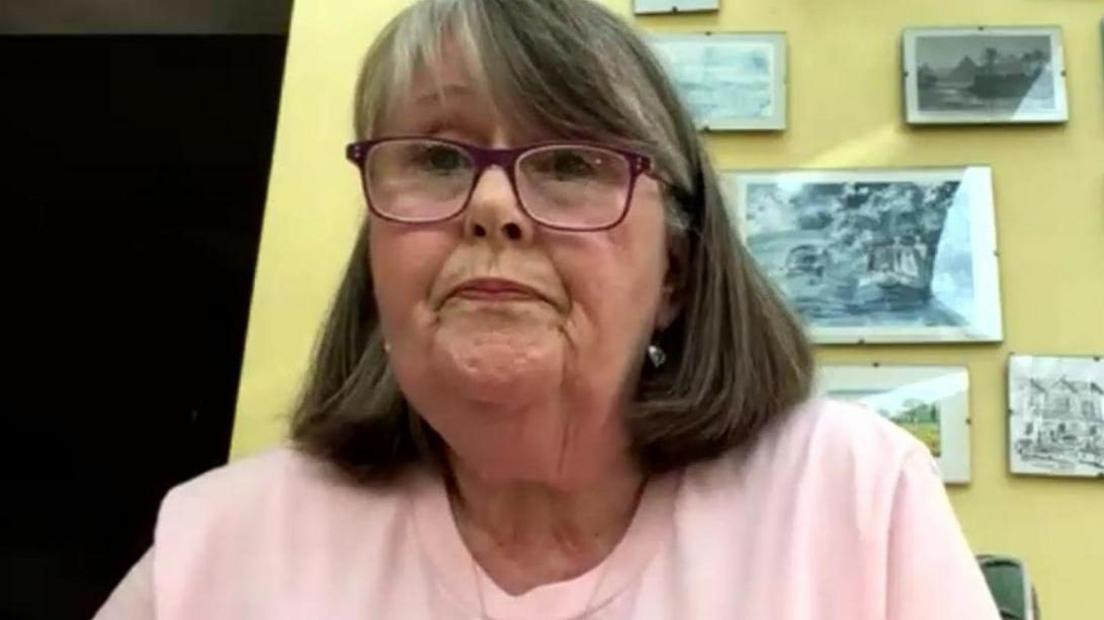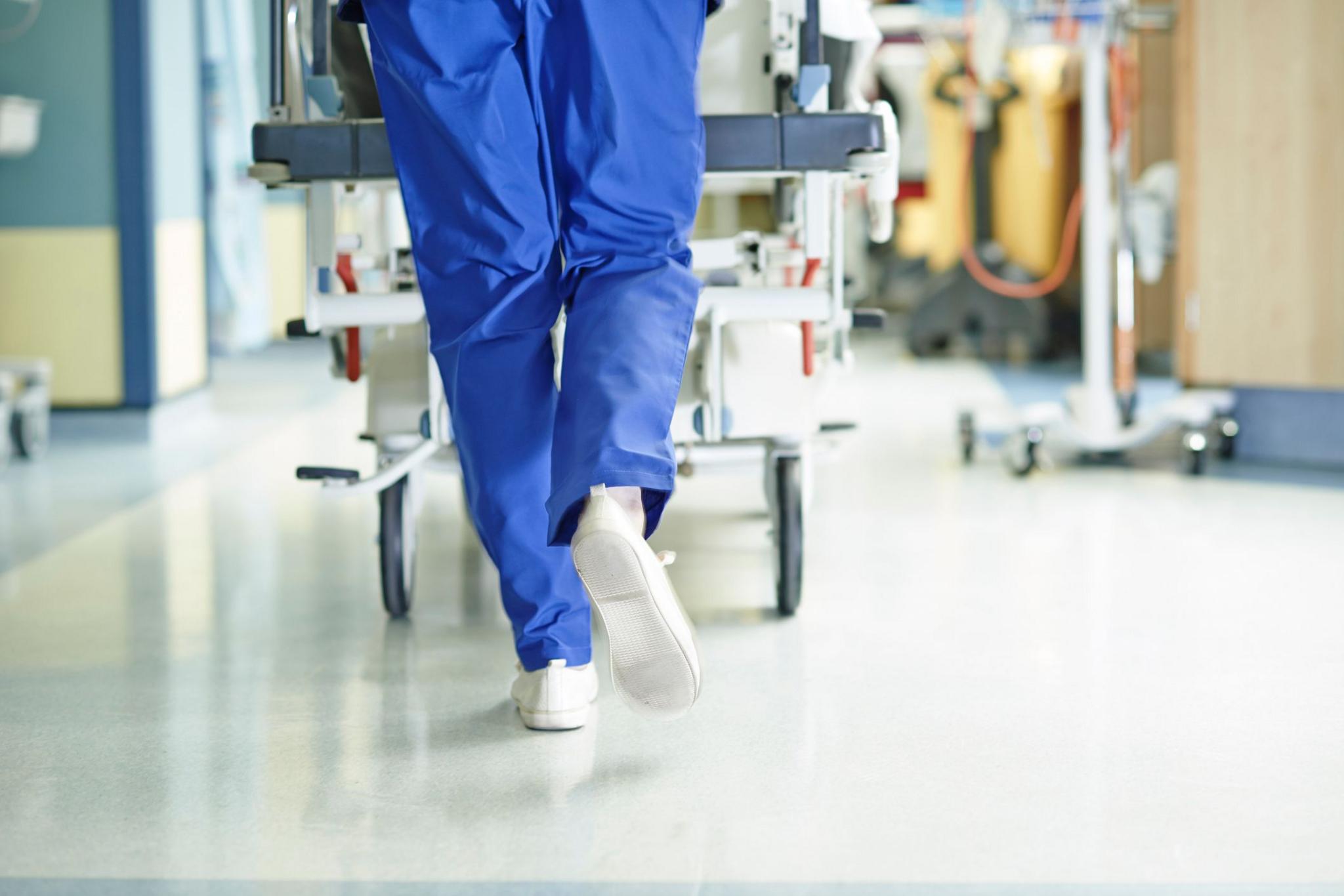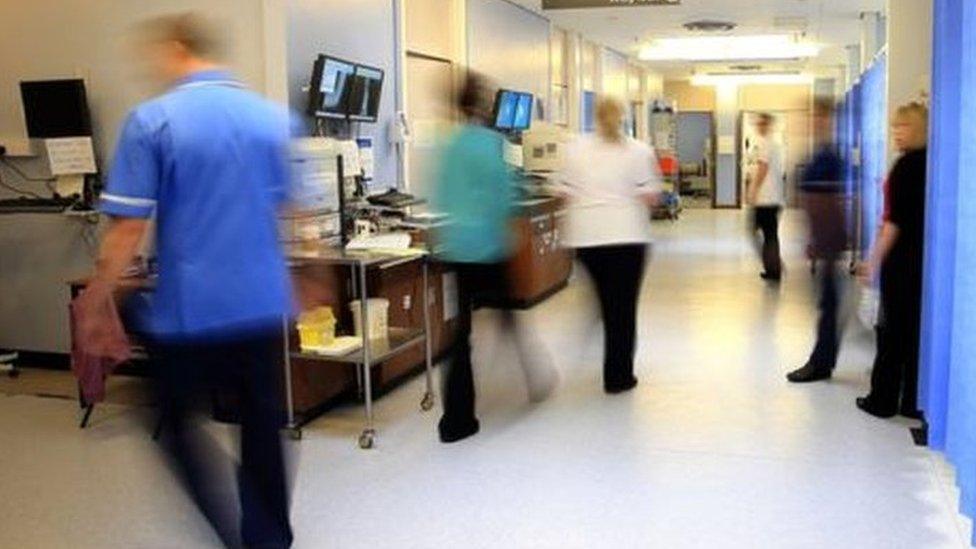Expanded cancer tests will save lives - survivor

Andrea Weston, 65, was told she had bowel cancer earlier this year after taking a test at home
- Published
A woman who survived bowel cancer after it was detected early thanks to a screening has said expanding the service to more people will "save lives".
It comes as the Welsh government announced that those aged 50 and over will automatically receive at-home bowel screening tests.
The reduction in minimum age for the programme by a year means thousands more will now be eligible to receive the tests through their GPs.
The move is designed to "improve cancer outcomes" through early detection, said Health Minister Jeremy Miles.
Wales among worst countries for surviving cancers
- Published11 January 2024
Wales' first brain tumour hub announced
- Published23 April 2024
Andrea Weston, 65, from Swansea was told she had Stage 1 bowel cancer earlier this year after taking a test at home.
Having caught the disease early, she underwent surgery a month after her diagnosis and is already recovering.
"It blew my world apart – I was devastated," said Ms Weston on initially finding out she had cancer.
"It was all fast tracked then and I had my surgery in May.
"It is really, really important that people do the tests because it literally has saved my life."
Deborah James: What are the symptoms of bowel cancer?
She added that extending the testing programme was a "positive" step.
"It saves on the NHS as well, because at the end of the day I haven’t had to have any more treatments."
Bowel cancer is one of the most common types of cancer in Wales, with about 2,400 people diagnosed annually.
Currently, the screening programme means those aged between 51 and 74 are offered a self-screening kit every two years.
The process involves a faecal immunochemical test, which is sent off for analysis to detect any signs of bowel cancer.
If caught early, it can be treated before symptoms appear and the tests can even detect polyps – non-cancerous growths – which can be removed and prevent cancer from developing in the first place.
"We are committed to improving cancer outcomes in Wales and the best way to do this is to detect and diagnose more cancers at an earlier stage – screening helps us to do this," said Mr Miles.
"I am delighted that thousands more people in Wales will be receiving the easy-to-use bowel screening test in the comfort of their homes."
- Published5 June 2024

- Published22 August 2024

- Published13 August 2023
